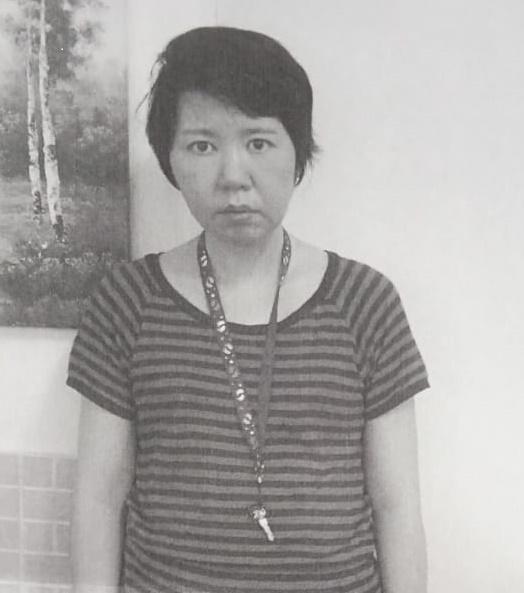Update on dengue fever
The Centre for Health Protection (CHP) of the Department of Health today (November 22) reported the latest number of dengue fever (DF) cases, and strongly urged the public to maintain strict environmental hygiene, mosquito control and personal protective measures both locally and during travel.
From November 15 to yesterday (November 21), the CHP recorded seven imported DF cases. The patients had been to Guangdong Province (Jiangmen (three cases), Foshan (one case) and Zhongshan (one case)) and India (two cases) during their incubation periods.
As of yesterday, 150 cases of DF, including 146 imported and four local cases, had been recorded in 2024. In 2023, 62 imported cases of DF were recorded.
According to the World Health Organization (WHO), the global incidence of DF has markedly increased over the past two decades, posing a substantial public health challenge. In 2023, ongoing transmissions, combined with an unexpected spike in DF cases, had resulted in close to a historic high of over 6.5 million cases, and more than 7 300 dengue-related deaths reported in over 80 countries/territories. Since the beginning of 2024, the WHO has recorded over 13 million cases, reaching a record number of cases.
The latest surveillance data shows that there is an increase in DF cases noted in some places in Asia (such as Indonesia, Malaysia and Singapore) compared to the same period last year.
According to the Health Commission of Guangdong Province, the number of DF cases recorded in Guangdong Province in the past three months continued to increase. Most of the cases were locally acquired infection. Information from the Guangdong Provincial Center for Disease Control and Prevention further showed that in the past week from November 11 to 17, over 800 local DF cases were recorded, with the highest numbers of cases recorded in Foshan, Guangzhou, Shenzhen, Zhanjiang and Jieyang.
In addition, the number of DF cases in Macao has been increasing recently. Since the first local case of this year reported on October 23, nine local cases have been reported in Macao as of yesterday.
Detailed information on the latest DF situation in Hong Kong, as well as neighbouring and overseas countries and areas, has been uploaded to the CHP website (www.chp.gov.hk/files/pdf/df_imported_cases_and_overseas_figures_eng.pdf).
The continued occurrence of DF cases outside Hong Kong, coupled with the frequent travel by residents to and from Guangdong, Hong Kong, Macao and other areas, has resulted in an increased risk of importing DF cases into Hong Kong, posing a risk of local transmission.
"Apart from general measures, travellers returning from areas affected by DF should apply insect repellent for 14 days upon arrival in Hong Kong. If feeling unwell, seek medical advice promptly and provide travel details to a doctor," a spokesman for the CHP said.
The public should take heed of the following advice on mosquito control:
- Thoroughly check all gully traps, roof gutters, surface channels and drains to prevent blockage;
- Scrub and clean drains and surface channels with an alkaline detergent compound at least once a week to remove any deposited mosquito eggs;
- Properly dispose of refuse, such as soft drink cans, empty bottles and boxes, in covered litter containers;
- Completely change the water of flowers and plants at least once a week. The use of saucers should be avoided if possible;
- Level irregular ground surfaces before the rainy season;
- Avoid staying in shrubby areas; and
- Take personal protective measures such as wearing light-coloured long-sleeved clothes and trousers, and apply insect repellent containing DEET to clothing or uncovered areas of the body when doing outdoor activities.
​DEET-containing insect repellents are effective and the public should take heed of the tips below:
- Read the label instructions carefully first;
- Apply right before entering an area with risk of mosquito bites;
- Apply on exposed skin and clothing;
- Use DEET of up to 30 per cent for pregnant women and up to 10 per cent for children*;
- Apply sunscreen first, then insect repellent; and
- Reapply only when needed and follow the instructions.
* For children who travel to countries or areas where mosquito-borne diseases are endemic or epidemic and where exposure is likely, those aged 2 months or above can use DEET-containing insect repellents with a DEET concentration of up to 30 per cent.
The public should call 1823 in case of mosquito problems and may visit the following pages for more information: the DF page of the CHP and the Travel Health Service, the latest Travel Health News, tips for using insect repellents, and the CHP Facebook Page and YouTube Channel.


